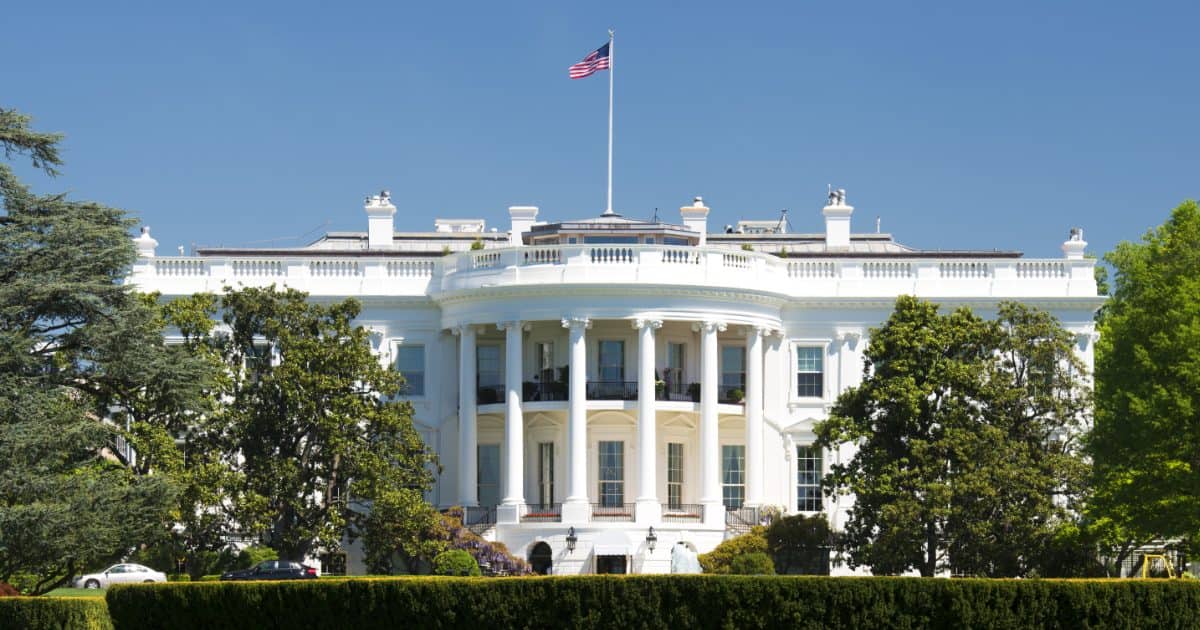A chain of errors led to journalist Jeffrey Goldberg being added to a private group chat among top U.S. national security officials last month. The chat, created by National Security Adviser Mike Waltz, included discussions about military operations targeting Yemen, raising concerns about communication practices and security protocols within the Trump administration.
The mistake originated from a phone contact mix-up. Goldberg’s number was saved in Waltz’s phone under the contact for Brian Hughes, the spokesperson for the National Security Council. This happened during the 2024 campaign when Goldberg emailed the Trump team regarding a critical story about Trump’s attitude toward wounded service members.
Hughes forwarded the email, which contained Goldberg’s phone number in the signature block, to Waltz for briefing. Waltz did not contact Goldberg but inadvertently saved his number under Hughes’ contact due to an iPhone algorithm that merges information from previous interactions.
The error went unnoticed until March 2025, when Waltz created the group chat to discuss military plans with senior officials. Believing he was adding Hughes, he accidentally added Goldberg instead. The group chat included sensitive details about planned airstrikes against the Houthis in Yemen.
Once discovered, the mistake triggered an internal investigation and a forensic review by the White House IT office. Officials confirmed that no classified information was leaked and attributed the error to how iPhones sometimes merge contact information automatically.
President Trump initially expressed anger over the incident, particularly because Waltz had Goldberg’s number saved on his phone. However, Trump decided against firing Waltz, partly to avoid giving media outlets like The Atlantic a perceived victory early in his second term. Trump publicly defended Waltz, saying he remains an important member of his national security team.
The use of messaging apps for sensitive discussions has drawn scrutiny from lawmakers and watchdog groups. The White House authorized such apps due to the lack of secure alternatives for real-time communication across agencies. Congress has since requested further investigations into these practices, while advocacy groups have filed lawsuits to ensure compliance with records-preservation laws.
The White House has stated that measures are being taken to prevent similar incidents in the future but has not disclosed specific actions. Despite internal concerns about security practices, officials have emphasized that no classified information was compromised during this episode.
More here.
